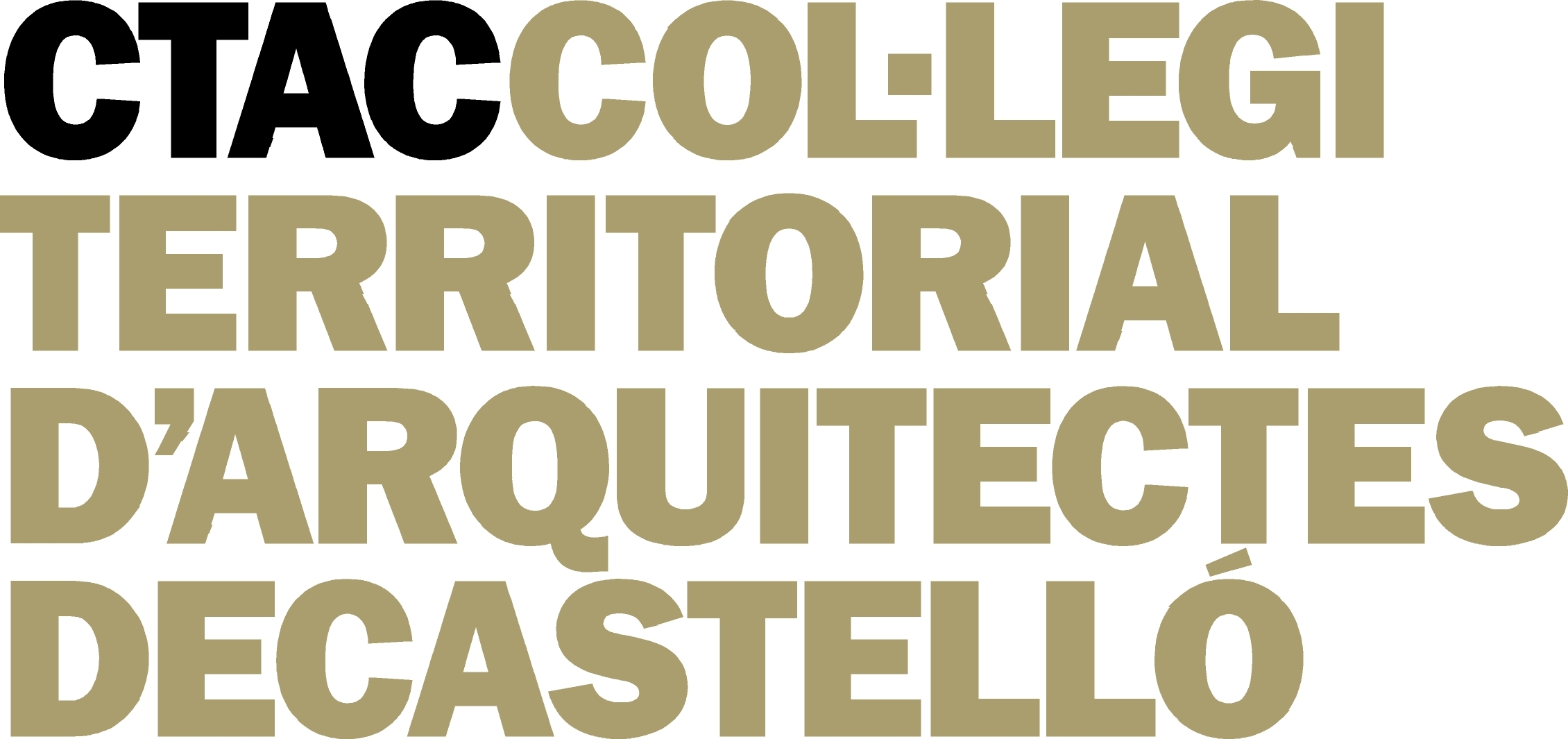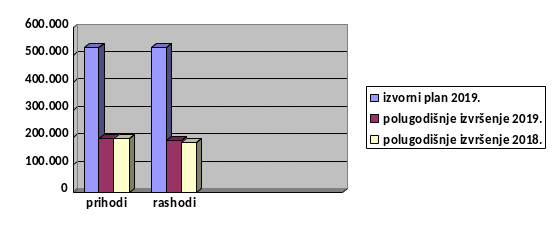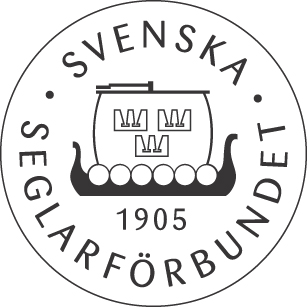2 SAN MARINO DECLARATION FINAL DECLARATION OF THE
PARQUE MARINO DEL PACIFICO LEY 8065 CREACIÓN2 SAN MARINO DECLARATION FINAL DECLARATION OF THE
BOLETÍN METEOMARINO MENSUAL DEL PACÍFICO COLOMBIANO MAYO2012 COMITÉ EDITORIAL
CABLE SUBMARINO ¿QUÉ ES EL CABLEADO SUBMARINO? EN GENERAL
COMUNE DI MARINO CITTÀ METROPOLITANA DI ROMA CAPITALE DICHIARAZIONE
COMUNE DI MARINO CITTÀ METROPOLITANA DI ROMA CAPITALE IL
Projet
San Marino Declaration
Final Declaration of the European Conference on
“The religious dimension of intercultural dialogue”
San Marino, 23 and 24 April 2007
The European Conference on “the religious dimension of intercultural dialogue”, which took place on 23 and 24 April 2007 under the auspices of the San Marino chairmanship of the Committee of Ministers of the Council of Europe, was a milestone in the efforts made to promote, stimulate and develop intercultural dialogue in Europe, and in particular its religious dimension. Gathered in San Marino, the representatives of the main bodies of the Council of Europe, the governments of Council of Europe member states, religions traditionally present in Europe and civil society, assisted by experts, discussed the implications of cultural and religious diversity in Europe for the strengthening of European co-operation based on shared values.
Increasing cultural diversity, induced by both the broader geographical scope of European co-operation and its increased openness, has given rise to challenges and opportunities which have to be taken into account in order to foster a richer dialogue with and between cultures. The Republic of San Marino, currently chairing the Committee of Ministers, has made this subject its main priority. Since the Third Summit of Heads of State and Government (Warsaw, Poland, May 2005) and the Conference of European Ministers responsible for cultural affairs (Faro, Portugal, October 2005), the Council of Europe in its entirety has been actively promoting the democratic management of diversity. In this respect, the conference is a further contribution to the implementation of the Action Plan agreed on at the Summit.
The conference followed on from the activities and conclusions of the international conferences on “Dialogue, tolerance and education: the concerted action of the Council of Europe and the religious communities” (Kazan, 22-23 February 2006) and “Dialogue of Cultures and Inter-Faith Cooperation”, (Nizhniy Novgorod, 7-8 September 2006). The “Volga Forum Declaration”, adopted at the latter conference, has particularly inspired the discussions in San Marino. Numerous references were also made to the conferences organised since 2000 by the Council of Europe Commissioner for Human Rights, to the initiatives taken by the Parliamentary Assembly, the Congress of Local and Regional Authorities and the Conference of INGOs of the Council of Europe over the past few years. Participants welcomed the European Campaign for Diversity, Human Rights and Participation - “All different- All equal”.
The participants reaffirmed their commitment to the shared values, which constitute the very foundation of the Council of Europe, namely universal, inalienable and indivisible human rights, democracy and the rule of law. Many among them noted that these values were rooted in Europe’s cultural, religious and humanist heritage. The participants also wished to underline their attachment to the development of more inclusive and cohesive societies in Europe.
5. The participants expressed their conviction that it was necessary to promote intercultural dialogue and its religious dimension with all interested parties and highlighted the importance of cooperating with religious communities, together with public authorities and other social actors, to create favourable conditions for communities living together in Europe. They nevertheless expressed their concerns over recent acts of violence marked by religious intolerance.
6. Beyond the wide range of national situations, particularly with regard to the social impact of religions or the emergence of new forms of religious belief, they noted that there was a trend in a number of member states towards more intensive interaction between the public authorities, religious institutions and/or communities and civil society. Although the main aim is to ensure effective safeguards in a democratic society for the right to freedom of religion or a particular worldview, including its dimensions of collective practice, this dialogue often also endeavours to improve the living together. The participants recommended that the examples of good practice presented in this respect during the conference should be widely disseminated, especially at local level.
7. The representatives of religions and civil society welcomed the interest shown by the Committee of Ministers of the Council of Europe with a view to establishing its own open and transparent dialogue with the religious communities and civil society based on the Organisation’s values. They expressed their interest in taking part in this exercise and their willingness to contribute through their debates to its success. They also noted that, in so doing, the Council of Europe intended to maintain its neutral attitude towards the various religions and to take full account of the three following principles: (1) the need to respect freedom of thought, conscience and religion as guaranteed under Article 9 of the ECHR, (2) the equality of rights and duties of all citizens irrespective of their religious belonging, (3) the respective autonomy of state and religions. The Council of Europe will further take due account of the role and specific status of religious communities in each European country.
8. The Conference examined the role of the religious dimension of intercultural dialogue. Religions can indeed elevate or enhance the objectives of dialogue and help ensure that it is undertaken whilst respecting certain essential conditions, namely a shared ambition to protecting the dignity of every human being, by promoting human rights, including equality between women and men, strengthening social cohesion and fostering understanding and harmony between the different cultures present on our continent. In this perspective, the religious dimension of our cultures should be reflected in an appropriate manner in education systems and public debates, including in the media, in societies respecting freedom of expression as guaranteed by Article 10 of the European Convention for Human Rights.
9. The discussions also highlighted the role of beliefs and convictions in affirming one’s identity, and the place of religions in contemporary culture and the cultural heritage. The participants underlined the importance of promoting democratic citizenship, mutual knowledge of cultures and teaching about religions.
10. The participants noted the fact that the Council of Europe intends to publish a “White Paper on Intercultural Dialogue” by the end of 2007, which would set out the Organisation’s main policy orientations in this field and provide policy-makers and practitioners at national, regional and local levels with guidelines and analytical and methodological tools for promoting intercultural dialogue. It would be drafted following an open and inclusive consultation of all stakeholders in intercultural dialogue, namely: the governments of Council of Europe member states, members of the Parliamentary Assembly, local and regional authorities, religious communities and civil society. The participants welcomed the opportunity provided by the conference to put forward their points of view on such an exercise and expressed their wish to be associated with the follow up given to the conclusions of this document, in which the religious dimension would be an important element.
11. At the end of their work, the participants agreed that in view of its achievements in standard setting and competence in the field of human rights, democracy and the rule of law, the Council of Europe provided a particularly appropriate framework for promoting intercultural dialogue and enhancing its religious dimension. They noted that the Council of Europe regards the participation of women in that process as very important.
12. The representatives of religions and civil society congratulated the Council of Europe for launching an in-depth discussion on the subject of dialogue with religious communities and civil society and for making a constructive proposal for holding annual exchanges on the religious dimension of intercultural dialogue. They wished that this open and transparent dialogue based on the values of the Council of Europe be set up, in a spirit of consultation, as from 2008. They also suggested that the NGOs active in the human rights and education groupings of the INGO Conference be fully associated to this process. In this regard, they considered that these meetings could in future, following an evaluation of their usefulness, serve as a platform for exchanges on the implementation of the recommendations of the White Paper, in particular those concerning the religious dimension of intercultural dialogue.
13. They warmly welcomed the forthcoming publication of a White Paper on Intercultural Dialogue and the broad consultation process. They saw it as an expression of the Council of Europe’s willingness to develop a long-term policy in favour of such a dialogue. The White Paper would help highlight the constructive responses that democratic societies are required to give to the challenges posed by cultural diversity. The Conference allowed to collect a high number of proposals. The proposal was made that the Council of Europe elaborate a normative text on education in human rights and for democratic citizenship
14. The participants
expressed their gratitude to the San Marino Chairmanship of the
Committee of Ministers of the Council of Europe for the initiative
and for organising the conference, which has given a new and
important impetus to the joint efforts to promote intercultural
dialogue and its religious dimension on our continent.
Curriculum%20europeo-Marino%20A.2021
CURSO DE CLÍNICA MANEJO Y RESCATE DE ANIMALES MARINOS
DINÁMICA DEL PLANCTON MARINO COSTERO CON RELACIÓN AL FLUJO
Tags: declaration ======================, declaration, marino, final
- PUBLIC 6 MONTHLY FORMAL VISUAL INSPECTION CHECKLIST FOR ELECTRICAL
- ZAŁĄCZNIK NR 1 WYKAZ CZASOPISM ZAGRANICZNYCH DO PRENUMERATY W
- MALAX KOMMUN MAALAHDEN KUNTA MK2580005012019 FÖRLÄNGNING AV CYKELVÄGEN FRÅN
- ESTADO DO RIO GRANDE DO SUL EMPENHOS EMITIDOS 14
- ENRIQUECERSE HASTA LÍMITES OBSCENOS DROGARSE O DAÑAR EL MEDIO
- P ROMOCIÓ DE LA SALUT I SUPORT PSICOLÒGIC AL
- INHALTSVERZEICHNIS BEGRIFFSDEFINITION S 2 A GRUNDBESOLDUNG S 5 1
- CHAPTER 30 FISCAL POLICY DEFICITS AND DEBT CHAPTER
- E DESPACHO AUTORIZO COMO PROPOSTO O DIRETORGERAL
- PRAIRIE STATE COLLEGE YOU CAN FIND THE FINAL EXAM
- MCCANCE AND WIDDOWSON’S NUTRIENT ANALYSIS OF SCG FFQ
- PROFESSOR ABDULLAYEV BƏHRUZ MUSA OĞLU KAFEDRA “BEYNƏLXALQ MÜNASIBƏTLƏR” UNİVERSİTETDƏ
- VALGMULIGHET TILLIT OG MEDBESTEMMELSE I HELSE OG OMSORGSSEKTOREN UTARBEIDET
- OBRAZAC OPK OBRAZAC ZA PROCJENU KVALITETE PRIJAVE EVALUACIJSKI KRITERIJI
- G ITES DE FRANCE HUUROVEREENKOMST VERBLIJFPLAATS (RECHTSTREEKSE VERHUUR) STEMPEL
- LISTADO DE VERIFICACIÓN PARA EVALUAR LA SENSIBILIDAD DE GÉNERO
- COMMUNITY BOARD 3 CALLS UPON THE MAYOR AND THE
- HELP DESK TSS HELP EMAIL 5465872 TSSSHORECTCEDU BEFORE YOU
- “EVALUACIÓN DEL EFECTO DE DIFERENTES INTENSIDADES DE PODA DE
- TÍTULO NÚMEROS ACTUALIDAD ECONÓMICA 2009 N 2660 2664 2665
- ZAŁĄCZNIK NR 1 OFERTA CENOWA JAMY NIŻEJ PODPISANYI
- DARK SUN WORLD AD&D SEGUNDA EDICIÓN EL GLADIADOR QUE
- THE SEARCH FOR SCOOBY SNACKS S COOBY DOO IS
- TEMA 3 EL ESTADÍSTICO CHICUADRADO Y CONTRASTES ASOCIADOS OBJETIVOS
- TÍTULO DE LA COMUNICACIÓN APELLIDOS N1 APELLIDOS N2
- УКРАЇНА ВОЛНОВАСЬКА МІСЬКА РАДА ВОЛНОВАСЬКОГО РАЙОНУ
- BOARD OF TRUSTEES REPORT SOUTHWEST COLLEGE NOVEMBER 3 2010
- SLOCUM RECOVERY – BOAT 1 CONTACT SHORE SUPPORT
- NA ZAHTEV(PITANJE)POTENCIJALNIH PONUĐAČA OVIM PUTEM DOSTAVLJAMO TRAŽENA POJAŠNJENJA (
- DELOVNI IN FINANČNI NAČRT NACIONALNE AGENCIJE ZA KAKOVOST V
“APROXIMACIÓN AL ESTUDIO DE LOS CUERPOS LOS GÉNEROS Y
GIORNO DI RIPOSO BARRÈ AL II TASTO MI
 19 DIRECCIÓN GENERAL DE FINANZAS Y HACIENDA ANEXOS A
19 DIRECCIÓN GENERAL DE FINANZAS Y HACIENDA ANEXOS ATEMA 2 CLASES DE PALABRAS (I) EL SUSTANTIVO Y
 PROCESSO Nº 70014358683 – TRIBUNAL PLENO CLASSE AÇÃO
PROCESSO Nº 70014358683 – TRIBUNAL PLENO CLASSE AÇÃO PRESENTACIÓN EXPEDIENTES DE LEGALIZACIÓN EN OBRAS LEGALIZABLES SEGÚN LA
PRESENTACIÓN EXPEDIENTES DE LEGALIZACIÓN EN OBRAS LEGALIZABLES SEGÚN LANAFSA 2020 ANNUAL CONFERENCE SESSION PROPOSAL FORM
 KNJIŽNICA I ČITAONICA VOJNIĆ 47 220 VOJNIĆ AHEBRANGA 2
KNJIŽNICA I ČITAONICA VOJNIĆ 47 220 VOJNIĆ AHEBRANGA 2MAREK RYMSZA UNIWERSYTET WARSZAWSKI ANALIZA TESTOWANIE I WDRAŻANIE W
 WYBORY UZUPEŁNIAJĄCE ZGŁOSZENIE KANDYDATA NA CZŁONKA ………………… KOMISJI WYBORCZEJ
WYBORY UZUPEŁNIAJĄCE ZGŁOSZENIE KANDYDATA NA CZŁONKA ………………… KOMISJI WYBORCZEJ ARGUMENTACIÓN SECUENCIAL Y DIALÉCTICA ARGUMENTACIÓN SECUENCIAL – ARGUMENTACIÓN DIALÉCTICA
ARGUMENTACIÓN SECUENCIAL Y DIALÉCTICA ARGUMENTACIÓN SECUENCIAL – ARGUMENTACIÓN DIALÉCTICATOTAL ARMY TRAINING SYSTEM COURSEWARE 21K10 PLUMBER COURSE IDENTIFICATION
 NORMALSTADGAR FÖR KLASSFÖRBUND ANSLUTET TILL SVENSKA SEGLARFÖRBUNDET (NEDAN KALLAT
NORMALSTADGAR FÖR KLASSFÖRBUND ANSLUTET TILL SVENSKA SEGLARFÖRBUNDET (NEDAN KALLAT SOULCOLLAGE® OUTLINE FOR 3 HOUR CLASS SUZIE WOLFER
SOULCOLLAGE® OUTLINE FOR 3 HOUR CLASS SUZIE WOLFER IMIĘ I NAZWISKO A DRES OŚWIADCZENIE OŚWIADCZAM ŻE NIE
IMIĘ I NAZWISKO A DRES OŚWIADCZENIE OŚWIADCZAM ŻE NIEUYUŞTURUCU MADDE TICARETI ILE MÜCADELEDE GÜMRÜK MAKAMLARI ILE TICARI
 SISTEMA UNIVERSITARIO DE GESTIÓN POR CALIDAD SUBSISTEMA DE ADMINISTRACIÓN
SISTEMA UNIVERSITARIO DE GESTIÓN POR CALIDAD SUBSISTEMA DE ADMINISTRACIÓN NUTRITION IN RENAL FAILURE NUTRITIONAL GUIDELINES FOR CHRONIC RENAL
NUTRITION IN RENAL FAILURE NUTRITIONAL GUIDELINES FOR CHRONIC RENALCZĘŚĆ II SIWZ ZAŁĄCZNIK NR 1 URZĄDZENIA KLIMATYZACYJNE LP
 P ROGRAMMES DE BOURSES D’ETUDES DE L’AMBASSADE DES ETATSUNIS
P ROGRAMMES DE BOURSES D’ETUDES DE L’AMBASSADE DES ETATSUNIS